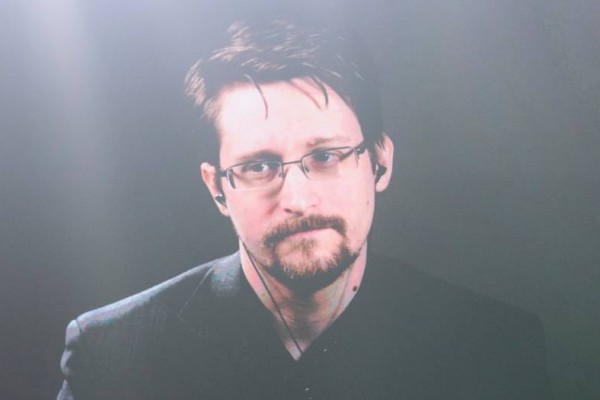Mass surveillance 10 years after Snowden revelations
28/06/2023 | The Guardian
It has been a decade since Edward Snowden disclosed the mass surveillance operations of the US and UK governments to a group of journalists from a Hotel in Hong Kong. Those disclosures uncovered how governments were spying on citizens, collecting data, and sharing information. In an interview with The Guardian, Edward Snowden said that compared to government capabilities today, UK and US surveillance activities "seems like child's play." Snowden went on to say, "Technology has grown to be enormously influential," raising concerns about video surveillance, facial recognition and artificial intelligence. "We trusted the government not to screw us. But they did. We trusted the tech companies not to take advantage of us. But they did. That is going to happen again, because that is the nature of power."
Fast forward to the present day, governments have not lost interest in gathering significant amounts of personal data; it's just that with more oversight and transparency requirements, along with the development of encrypted technology, the balance has shifted towards privacy.
Although oversight is present to an extent and conversations about these activities are taking place, bulk interception and mass surveillance activities continue. Perhaps the most significant legacy of Snowden's leaks is that legal challenges are now possible. In a related article, the Open Rights Group writes, "legal challenges to mass surveillance have been significant but the questions are still not fully resolved."
UPDATE: 160623 - The latest Privacy Advisor Podcast involves a discussion with IAPP Senior Research Fellow Müge Fazlioglu and Research and Insights Director Joe Jones to see what has changed and how consumer attitudes have shifted.
UPDATE: 280623 - In their review of the 10 years since the revelations, the IAPP writes that the EU and US are still grappling to establish a trans-Atlantic data-sharing agreement that meets data protection requirements for EU citizens.

What is this page?
You are reading a summary article on the Privacy Newsfeed, a free resource for DPOs and other professionals with privacy or data protection responsibilities helping them stay informed of industry news all in one place. The information here is a brief snippet relating to a single piece of original content or several articles about a common topic or thread. The main contributor is listed in the top left-hand corner, just beneath the article title.
The Privacy Newsfeed monitors over 300 global publications, of which more than 6,250 summary articles have been posted to the online archive dating back to the beginning of 2020. A weekly roundup is available by email every Friday.

